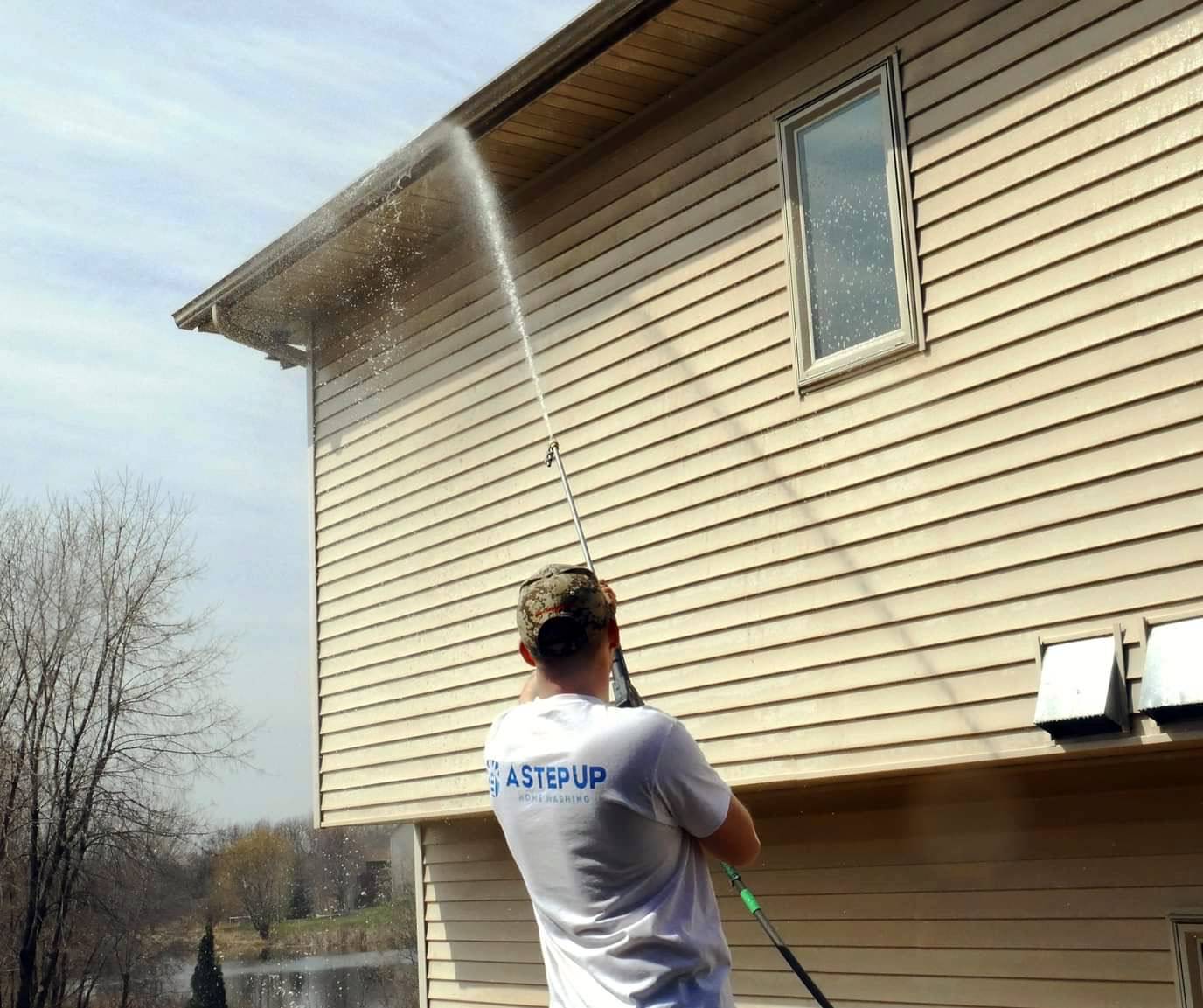Pressure Washing by Season: Timing and Why You Should Do It

When it comes to maintaining the exterior of your residence or business, pressure washing is an essential task that should not be ignored. This effective cleaning method not only eliminates dirt and grime but also helps protect surfaces from damage caused by mold, fungus, and other dangerous substances. Understanding what pressure washing entails is essential for anyone wanting to improve the appearance and longevity of their home. With the right knowledge, you can make educated decisions about when and how often to pressure wash, as well as whether to attempt the job independently or hire a professional.
Periodic pressure washing has its distinct advantages and best timings. Understanding the best time of year to clean your space can enhance curb appeal and prevent permanent damage. If you are curious how to safely pressure wash your property without causing harm, or if you are interested about the benefits of professional pressure washing, this guide will offer all the information you need. We will examine key differences between pressure washing and soft washing, the importance of regular maintenance, and the potential benefits for both residential and commercial properties.
Grasping Pressure Washing: Methods and Advantages
Power washing is a strong cleaning approach that uses high-pressure water spray to wash away dirt, grime, mold, mildew, and additional contaminants from surfaces. This method is particularly effective on hard surfaces such as parking areas, pavements, decks, and home exteriors. By altering the pressure and applying various nozzles, high-pressure cleaning can be tailored to different cleaning needs, making it appropriate for both delicate surfaces and difficult stains.
One of the key benefits of pressure washing is its ability to enhance visual appeal. A spotless exterior can significantly improve the overall look of a property, making it more inviting to guests and prospective buyers. Additionally, regular power washing helps preserve the integrity of surfaces by stopping the buildup of damaging substances that can lead to decay and deterioration over time. This forward-thinking approach can save homeowners significant repair costs in the long run.
In addition, power washing is not only advantageous for residential properties but also for business establishments. It can improve the appearance of a business by keeping storefronts, parking lots, and outside areas tidy and appealing. For instance, routine pressure washing can eliminate grease stains and litter, creating a more corporate environment. This can positively impact customer perception and potentially increase foot traffic, making it a smart investment for business owners.
Analyzing Power Washing Methods: Determining the Best Technique

When it comes to maintaining your property's exterior, understanding the different pressure washing techniques can significantly impact the results you get. Pressure washing is well-suited for hard surfaces that can withstand high pressure, including concrete driveways, sidewalks, and brick patios. These surfaces gain from the combination of high pressure and cleaning solutions, effectively removing dirt, grime, and even oil stains. On the other hand, softer surfaces like wooden decks or roofs require a gentler approach, where techniques like soft washing are more suitable. Soft washing uses low pressure combined with specialized cleaning solutions to clean without damaging the surface.
Determining the right technique is primarily based on the material you are cleaning and the type of stains or buildup present. For example, heavy mold and mildew on brick or concrete can often be removed with standard pressure washing. On the contrary, if you're dealing with a wooden deck that has become weathered, soft washing will maintain the integrity of the wood while still providing an effective clean. Additionally, pressure washing is excellent for quick and deep cleaning, but it should be used cautiously on delicate materials, as the high pressure can cause harm.
Recognizing the appropriate scenarios for each technique can help you make informed decisions. If you are tackling commercial properties, for example, pressure washing might be the preferred choice due to its efficiency and results on robust surfaces. In contrast, residential tasks like removing algae from roofs should lean towards soft washing to protect the underlayment and extend the life of your roof. Analyzing your needs and material types will guide you in selecting the most efficient method for the job at hand.
Maintaining Your Property: Best Practices and Tips
To maintain your property looking its best, it's crucial to set up a routine pressure washing schedule. Many experts recommend cleaning your home’s exterior at least once a year to eliminate dirt, grime, and mildew that can collect over time. This routine not only contributes to the appearance of your property but also prevents potential long-term damage caused by organic growth or contaminants. Seasonal changes can motivate you to check specific areas with greater regularity, particularly after intense rainfall or storms that may leave debris and staining.
When carrying out pressure washing, always prioritize safety and the correct techniques. Use the appropriate pressure setting for different surfaces to prevent damage; for instance, soft washing is advised for roofs to avoid shingle deterioration. Equip yourself with protective equipment such as goggles and gloves and ensure that the washer is operated correctly to ensure both your safety and the integrity of the surfaces being cleaned. Additionally, familiarizing yourself with the cleaning solutions that work best with pressure washing can enhance results while safeguarding your surfaces.
Finally, weigh the benefits of employing professionals for your pressure washing needs, especially for challenging areas like roofs or commercial properties. Experts have the experience and equipment to do the job properly and efficiently, which can save you effort and ensure a thorough clean. If you opt for a DIY approach, extensive research and adequate preparation are essential. Knowing when to pressure wash specific surfaces can help you maintain your property’s curb appeal while extending the lifespan of your exterior finishes.
